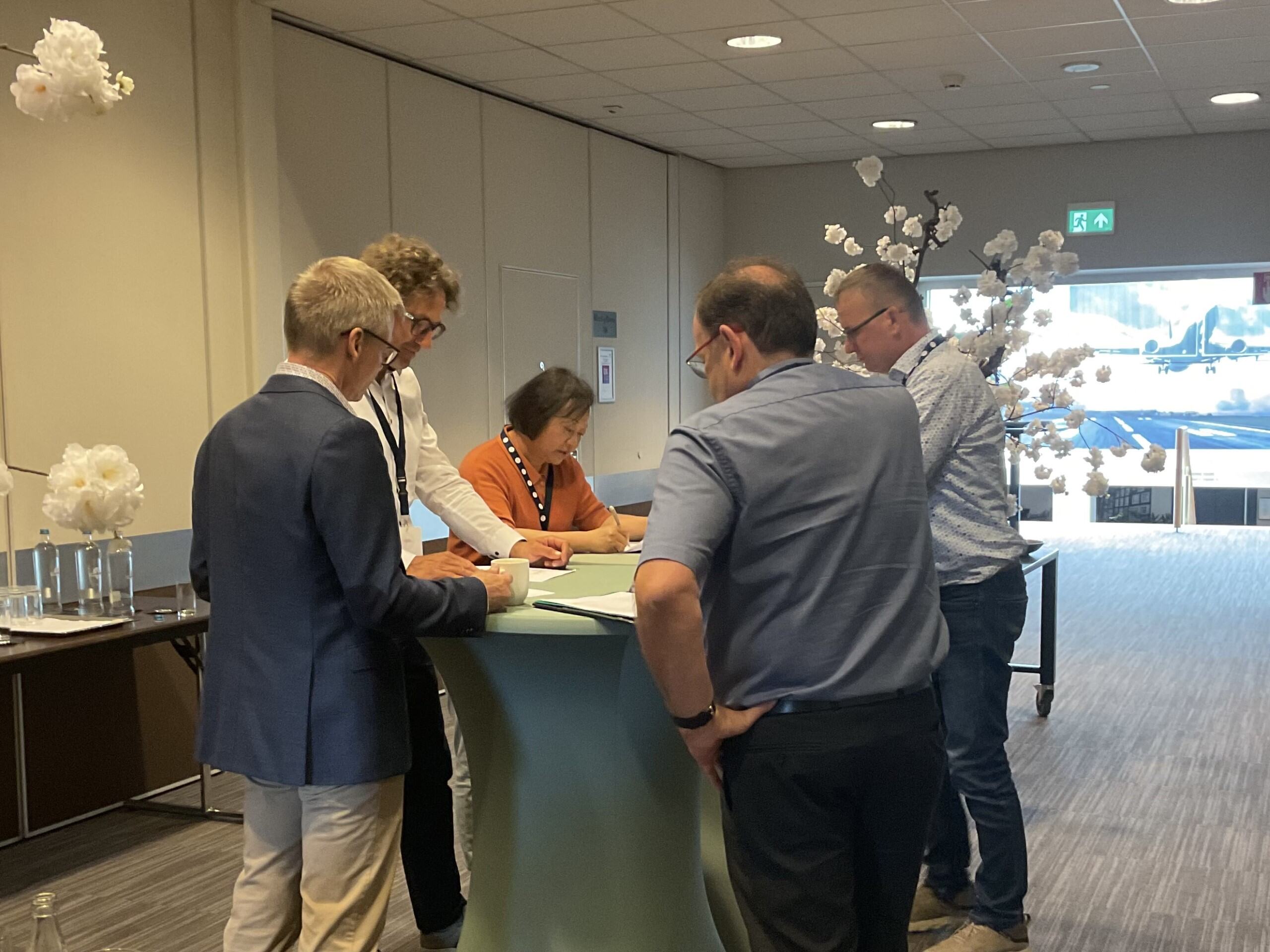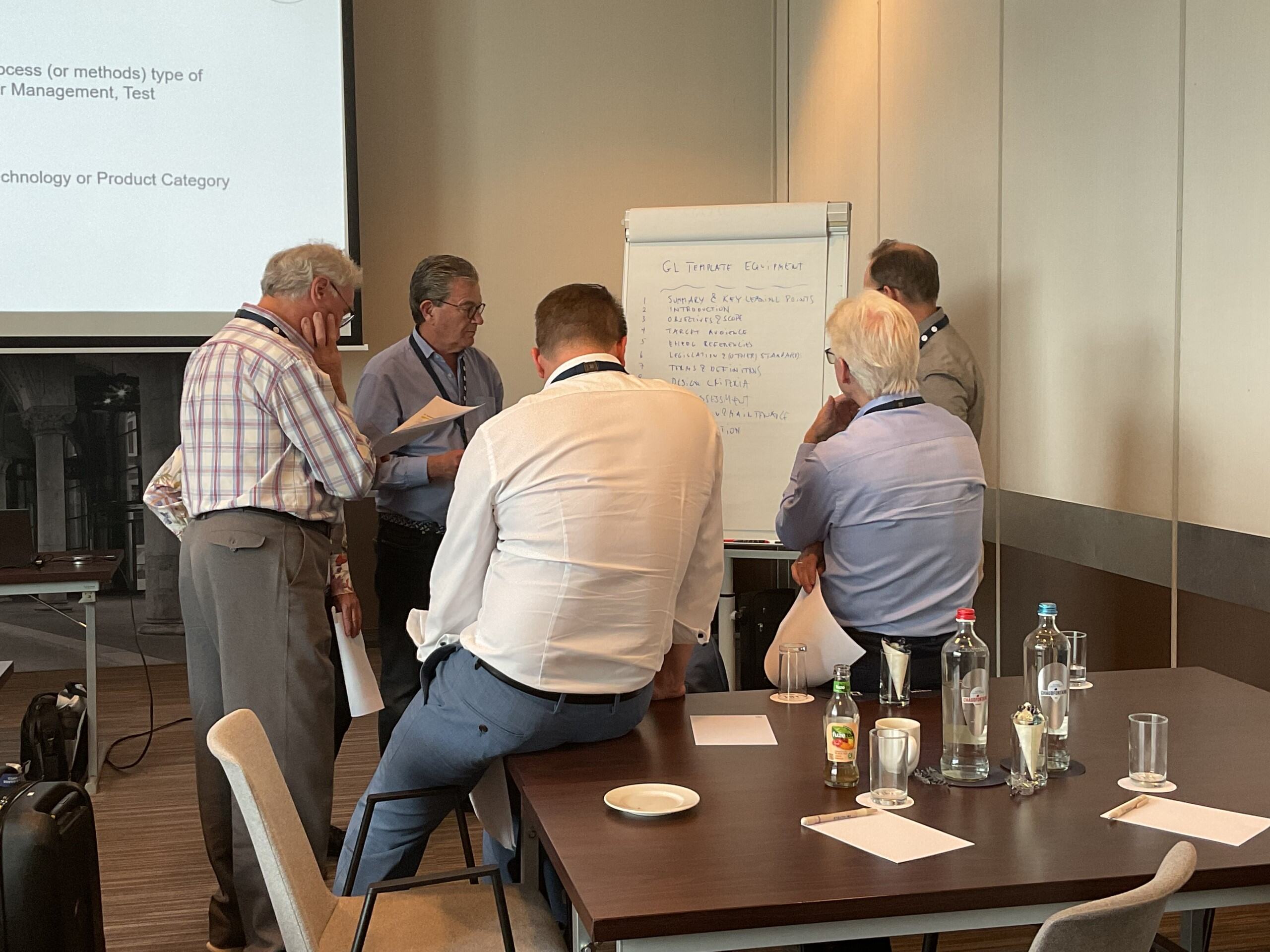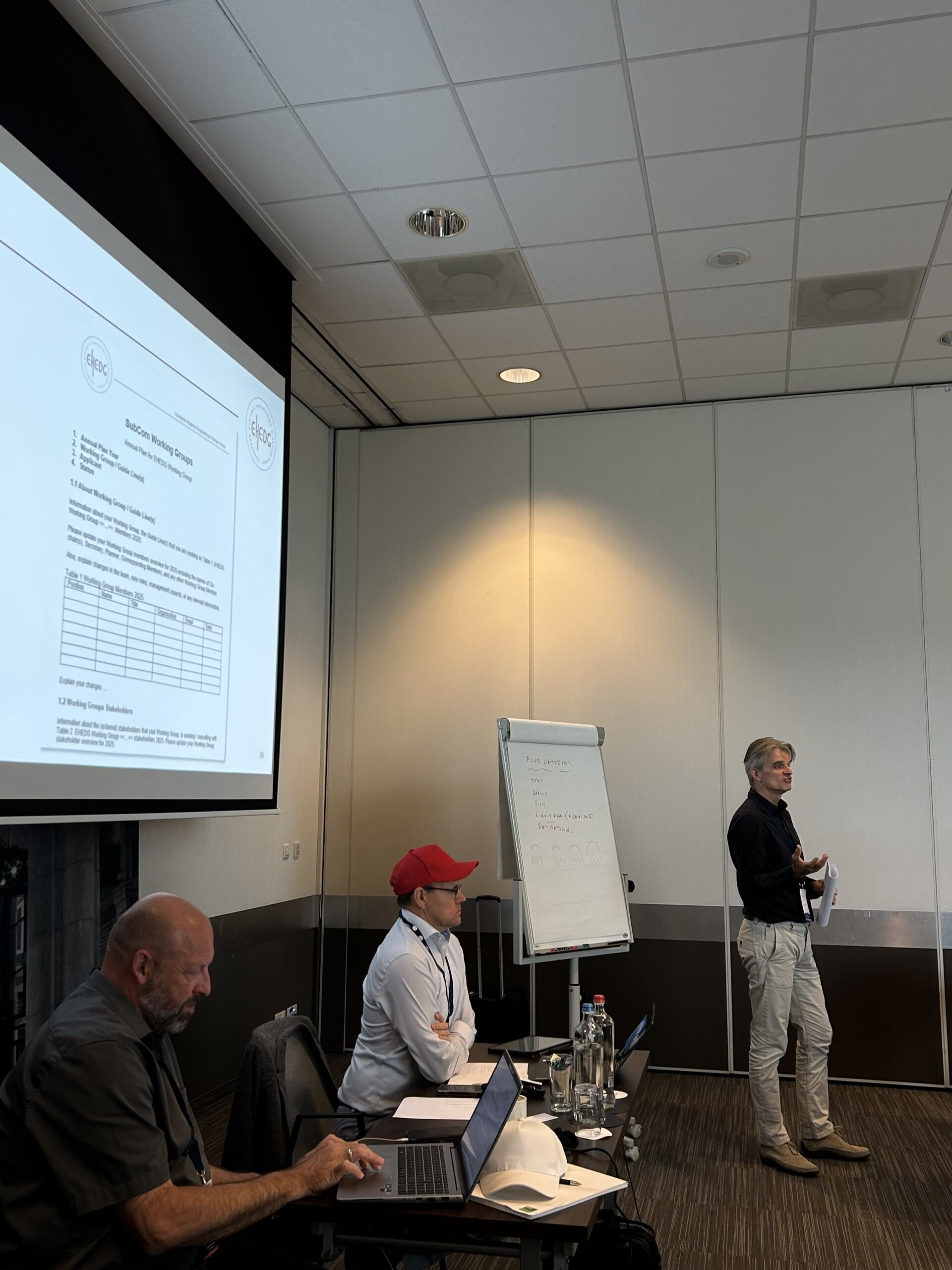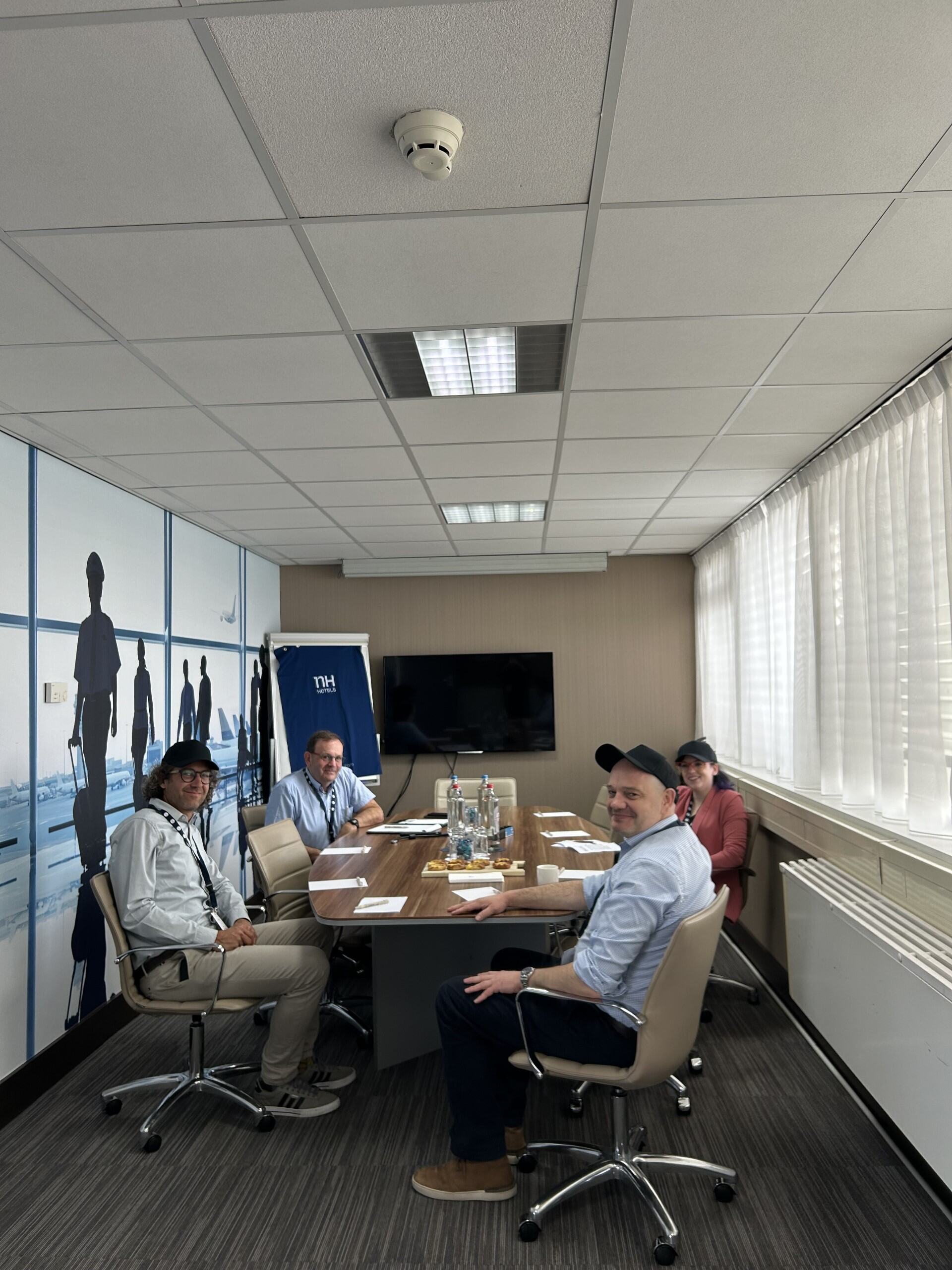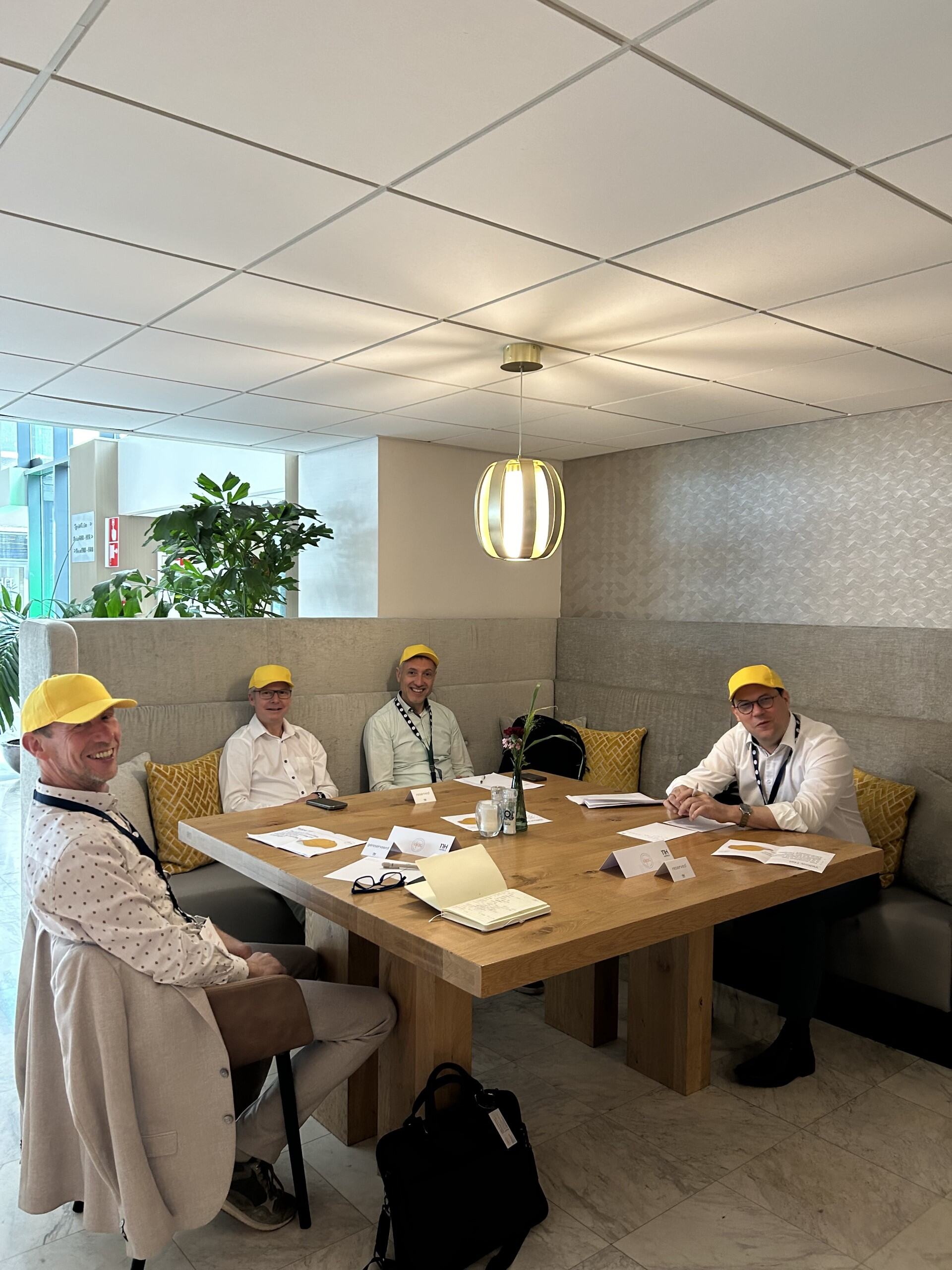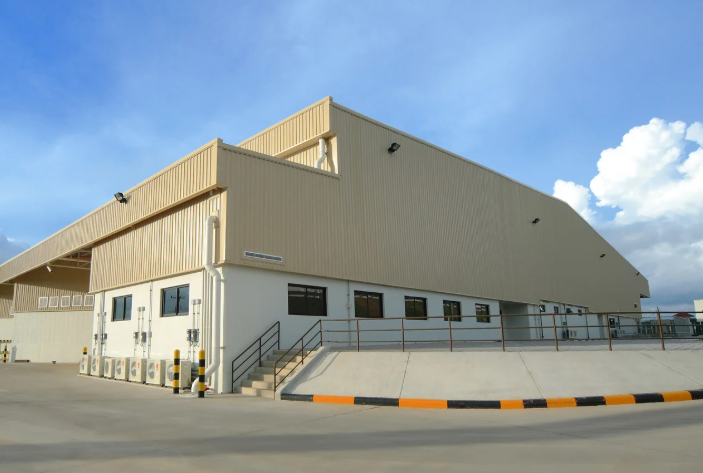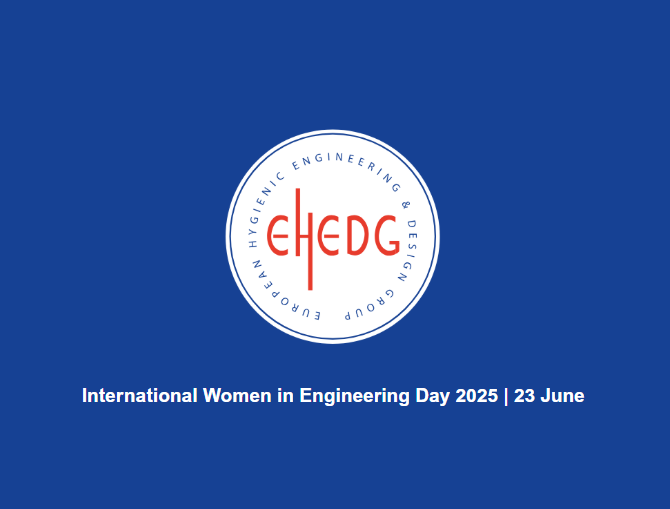EHEDG Chairs Working Groups Day | Advancing Hygienic Design Through Collaboration and Innovation
Following the momentum from the Full Working Groups Day held in November 2024, EHEDG continues to align its vision for developing practical, science-based guidelines that support hygienic design across all sectors of the food industry.
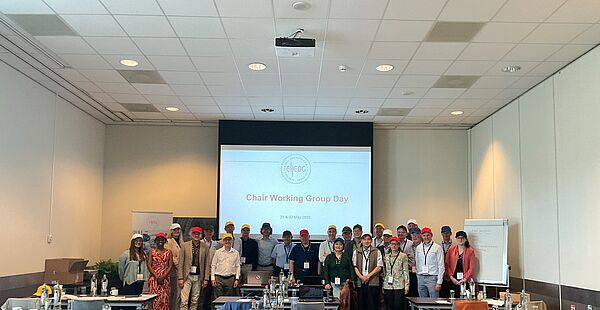
During the Chairs Working Groups Day attended by 24 Working Group Chairs, held in Amsterdam on 21-22 May, the assigned task forces provided insightful updates on their ongoing initiatives. These included the drafting and refinement of document preparation manuals, which aim to standardise and streamline the creation of EHEDG guidelines, as well colours/symbols coding used in them. This effort is at the basis to ensuring consistency, clarity and high-quality outputs across our publications.
A proposal was made to adopt a stage gated five-phase project management model for the guideline draft development process—a structure designed to bring discipline and transparency to the development lifecycle. The proposed five phases include Ideation, Concept, Plan, Development, Review and finally Launch and Measure, which would help prioritise efforts and ensure timely delivery of high-impact documents. KPIs were briefly discussed as well, as part of the introduction of annual Working Group plans.
Another key discussion point was how EHEDG is incorporating sustainability—an important benefit of hygienic design—into its portfolio, and exploring the related opportunities this presents.
A highlight of the gathering was the breakout session, where members collaboratively discussed the proposal for a new guideline template. The aim is to be able to manage different topics of our guidelines through one flexible template:
- Equipment – Type of Guidelines, such as valves, pumps, sensors, packaging machines which aim to provide a baseline for the EHEDG equipment certification process as well as guidance for end-users
- Process/Methods-Type of Guidelines, such as Cleaning Validation and Foreign Matter Management, will follow a format that which emphasises systematic methodologies and assessment tools.
Technology/Product-Type Guidelines, covering areas like Fish, Meat and Bakery, will be developed with a focus on sector-specific challenges and solutions.
On the second day, to enrich the discussions and encourage diverse perspectives, participants engaged in a session using the Six Thinking Hats methodology. Divided into six groups, each team adopted a different ‘hat’ representing a unique mode of thinking—rational (white), emotional (red), critical (black), optimistic (yellow), creative (green) and managerial (blue).
This structured thinking technique was applied to evaluate EHEDG’s proposed development strategies regarding the stage-gated guideline development process, guideline templates and sustainability. It empowered members to consider opportunities and risks from multiple angles, bringing fresh insights.
EHEDG remains committed to driving excellence in hygienic engineering and design. By enhancing our processes and fostering open dialogue, we are better equipped to deliver actionable guidance that meets the complex demands of modern food production and the different stakeholders in the end-to-end supply chain.
We would like to express our thanks to participants of the Chair Working Groups Day: Alan Friis, Andy Timperley, Anett Winkler, Bengt Eliasson, Bernd Roser, David Stewart, Eric Partington, Gabrie Meesters, Georg Kalss, Hein Timmerman, Hui Zhang, Jürgen Hofmann, Lisa Bullens, Ludvig Josefsberg, Martijn van der Hoeven, Natacha Holmud, Oliver Martini, Patrick Wouters, Ralf Stahlkopf, Reinhard Moss, Roland Cocker, Taco Mets, Tobias Braunegger, Uwe Heissewolf

